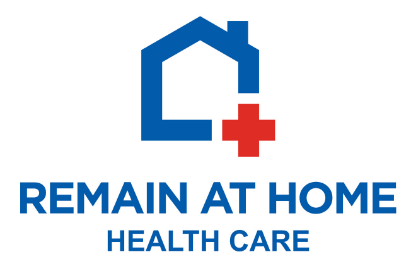If you suffer from diabetes, you are part of an ever-growing demographic group in America. The United States Department of Health & Human Services (USFHH) reports that diabetes affects nearly 26 million people, a whopping 8.3% of the total population. And, as Southerners, we live in a region that has the unfortunate clinical designation “the diabetes belt,” where incidences of diabetes are the highest in the U.S.
In 2010, the American Diabetes Association reported that 1.9 million new cases of diabetes were diagnosed in people aged 20 and older, and of the total 26 million with – diabetes – this is scary – 7 million were not aware they had the disease.
Perhaps because diabetes, or high blood pressure, is so prevalent in our society, the seriousness of the disease is often underestimated. But take note that diabetes is the leading cause of kidney failure, non-traumatic lower-limb amputations, and blindness; a major cause of heart disease and stroke; and the seventh-leading cause of death in the United States. It’s time to pay attention.

Brian Carrigan
Founder & Co-Manager
In addition to these major side effects, diabetes can also affect the body in other ways, including foot problems and maladies associated with nerve damage, skin complications, oral-health concerns, hearing loss and even mental health issues.
If you suspect you may have diabetes, be aware of the warning signs, which typically include weight loss, frequent urination and increased thirst and hunger. Discuss your concerns with your personal physician and learn as much as possible about the disease and it’s implications.
While there is no known cure for diabetes, many people are able to manage the disease and lead relatively normal lifestyles. You may eventually require insulin replacement therapy and will absolutely need to make dietary changes and start an exercise routine, but ignoring diabetes can be painful and even fatal.
If you think you have diabetes, the bottom line is simple – be proactive, consult your doctor and make the changes necessary to ensure diabetes doesn’t rule your life. With responsible maintenance, you can make sure you are in charge of your diabetes, instead of the other way around.




